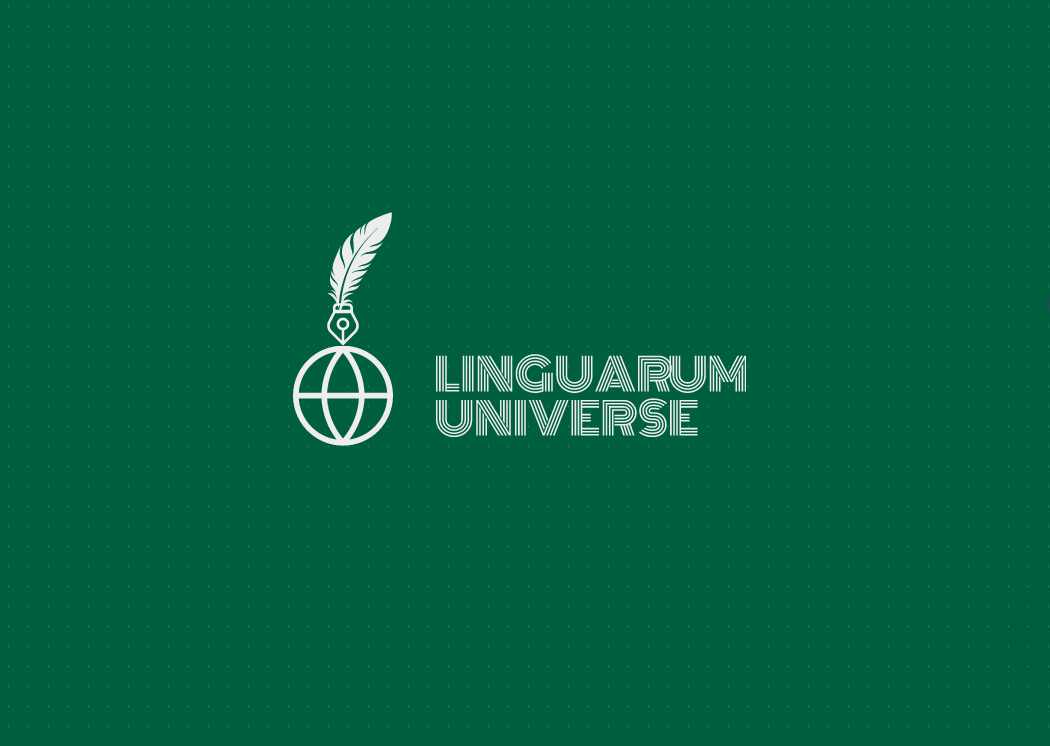УКРАИНСКИТЕ И БЪЛГАРСКИТЕ ПРЕВОДИ НА СВЕТОТО ПИСАНИЕ НА СЪВРЕМЕНЕН ЕЗИК ПРЕЗ ХІХ ВЕК
THE UKRAINIAN AND BULGARIAN TRANSLATIONS OF THE HOLY SCRIPTURES INTO A MODERN LANGUAGE IN THE NINETEENTH-CENTURY
Author(s): Albena StamenovaSubject(s): Language studies, Language and Literature Studies, Studies of Literature, Bulgarian Literature, Ukrainian Literature, Philology, Translation Studies
Published by: Сдружение за академични изследвания и култура
Keywords: Bible, translation; Bulgarian literary language; Ukrainian literary language; nineteenth century
Summary/Abstract: The article examines the spoken Bulgarian and Ukrainian translations of the Holy Scriptures in the 19th century. It is established that, compared to the Ukrainian ones, the Bulgarian language translations appeared much earlier, had a much better distribution and had a greater influence on the consolidation of the new literary language. The reason for this is the different political and cultural conditions in which these two peoples are developing. The bans on Ukrainian printed speech, which were in force in the Russian Empire, did not allow until the beginning of the 20th century to print a Ukrainian translation of the Holy Scriptures, as well as to distribute the translations made in Austria-Hungary. Therefore, in general, in the 19th century, translations of the Holy Scriptures did not influence the formation of the new Ukrainian literary language in the way that could be expected from such texts. In the Ottoman Empire, the work on translations of the Holy Scriptures into modern Bulgarian was led and financed by the British and Foreign Bible Society. This contributed to these translations being in closer contact with the emerging New Bulgarian literary language and to influencing its consolidation.
Journal: Linguarum universe
- Issue Year: 1/2024
- Issue No: 2
- Page Range: 123-130
- Page Count: 8
- Language: Bulgarian

